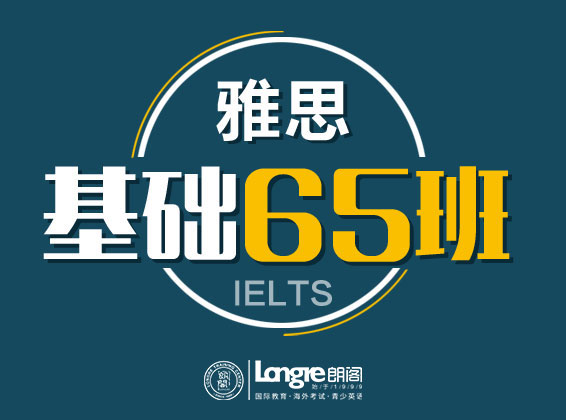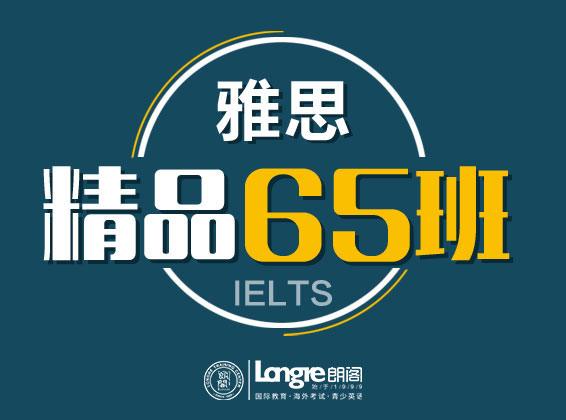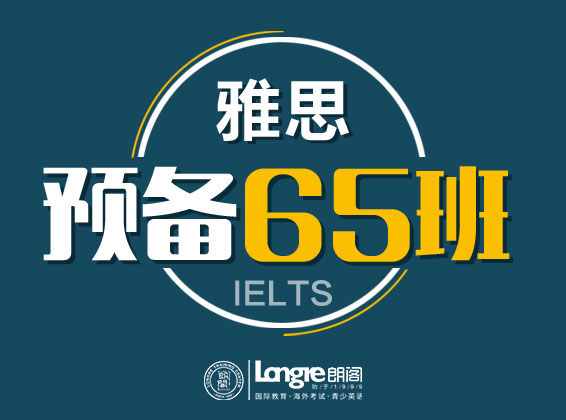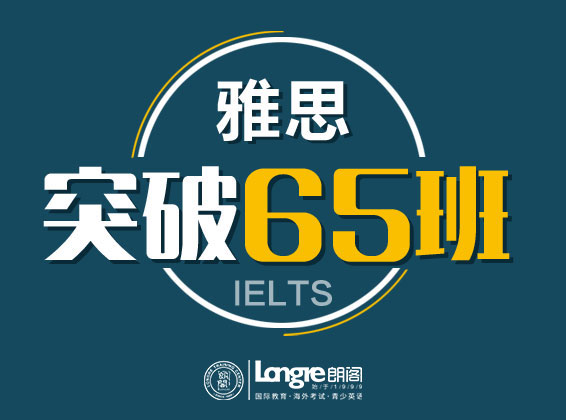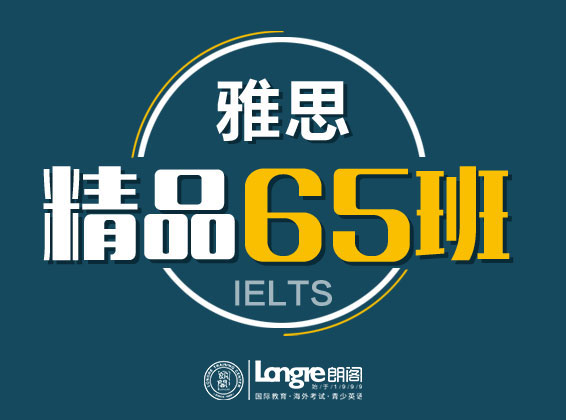|
上周的雅思考试又结束啦,同学们考的怎么样呢,还在备考的同学号好好准备阅读考试哦,祝大家都可以取得好成绩哦,下面小编带大家回顾一下上周的阅读考题哦。 P1 Choice Fatigue P2 新西兰医疗系统改革 P3 语言的起源 朗阁讲师点评 1. 本场考试的整体比较简单 2. 整体分析:涉及语言类(P3)、社科类(p1/p2)。 本次考试passage 1文章内容比较简单,passage2和 3文章难度较大。 3.部分答案及参考文章: Passage 1 Choice Fatigue 相关参考文章: Decision making and Happiness A Americans today choose among more options in more parts of life than has ever been possible before. To an extent the opportunity to choose enhances our lives. It is only logical to think that if some choice is good, more is better; people who care about having infinite options will benefit from them, and those who do not can always just ignore the 273 versions of cereal they have never tried. Yet recent research strongly suggests that psychologically, this assumption is wrong. Although some choice is undoubtedly better than none, more is not always better than less. B Recent research offers insight into why many people end up unhappy rather than pleased when their options expand. We began by making a distinction between maximisers’ (those who always aim to make the best possible choice) and ’ satisficers’ (those who aim for “good enough, ”whether or not better selections might be out there). C In particular, we composed a set of statements——the Maximization Scale——to diagnose people' s propensity to maximize. Then we had several thousand people rate themselves from 1 to 7 (from *“completely disagree” to “completely agree”) on such statements as “I never settle for second best ’ We also evaluated their sense, of satisfaction with their decisions. We did not define a sharp cutoff to separate maximisers from satisficers, but in general, we think of individuals whose average scores are higher than 4 (the scale' s midpoint) as maximisers and those whose scores are lower than the midpoint as satisficers. People who score highest on the test—the greatest maximisers—engage in more product comparisons than the lowest scorers, both before and after they make purchasing decisions, and they take longer to decide what to buy. When satisficers find an item that meets their standards, they stop looking. But maximisers exert enormous effort reading labels, checking out consumer magazines and trying new products. They also spend more time comparing their purchasing decisions with those of others. D We found that the greatest maximisers are the least happy with the fruits of their efforts. When they compare themselves with others, they get little pleasure from finding out that they did better and substantial dissatisfaction from finding out that they did worse. They are more prone to experiencing regret after a purchase, and if their acquisition disappoints them, their sense of well-being takes longer to recover. They also tend to brood or ruminate more than satisficers do. E Does it follow that maximisers are less happy in general than satisficers? We tested this by having people fill out a variety of questionnaires known to be reliable indicators of well-being. As might be expected, individuals with high maximization scores experienced less satisfaction with life and were less happy, less optimistic and more depressed than people with low maximization scores. Indeed, those with extreme maximization ratings had depression scores that placed them in the borderline clinical range. F Several factors explain why more choice is not always better than less, especially for maximisers. High among these are ^opportunity costs. * The quality of any given option cannot be assessed in isolation from its alternatives. One of the 'costs' of making a selection is losing the opportunities that a different option would have afforded. Thus an opportunity cost of vacationing on the beach in Cape Cod might be missing the fabulous restaurants in the Napa Valley. EARLY DECISION-MAKING RESEARCH by Daniel Katmeman and Amos Tversky showed that people respond much more strongly to losses than gains. If we assume that opportunity costs reduce the overall desirability of the most preferred choice, then the more alternatives there are, the deeper our sense of loss will be and the less satisfaction we will derive from our ultimate decision. G The problem of opportunity costs will be worse for a maximiser than for a satisficer. The latter' s *good enough1* philosophy can survive thoughts about opportunity costs. In addition, the *good enough* standard leads to much less searching and inspection of alternatives than the maximiser' s “best“ standard. With fewer choices under consideration, a person will have fewer opportunity costs to subtract. H Just as people feel sorrow about the opportunities they have forgone, they may also suffer regret about the option they settle on. My colleagues and I devised a scale to measure proneness to feeling regret, and we found that people with high sensitivity to regret are less happy, less satisfied with life, less optimistic and more depressed than those with low sensitivity. Not surprisingly, we also found that people with high regret sensitivity tend to be maximisers. Indeed, we think that worry over future regret is a major reason that individuals become maximisers. The only way to be sure you will not regret a decision is by making the best possible one. Unfortunately, the more options you have and the more opportunity costs you incur, the more likely you are to experience regret. I ln a classic demonstration of the power of sunk costs, people were offered season subscriptions to a local theater company. Some were offered the tickets at full price and others at a discount Then the researchers simply kept track of how often the ticket purchasers actually attended the plays over the course of the season. Full-price payers were more likely to show up at performances than discount payers. The reason for this, the investigators argued, was that the full-price payers would experience more regret if they did not use the tickets because not using the more costly tickets would constitute a bigger loss. To increase sense of happiness, we can decide to restrict our options when the decision is not crucial For example, make a rule to visit no more than two stores when shopping for clothing. 参考题目: Questions 1-4 Use the information in the passage to match the category (listed A-D) with descriptions or deeds below. Write the appropriate letters A-D in boxes 1-4 on your answer sheet. A Maximiser B Satisficer C Both D Neither of them 1. finish transaction when the items match their expectation B 2. buy the most expensive things when shopping D 3. consider repeatedly until they make final decision A 4. participate in the questionnaire of the author C Questions 5-9 Do the following statements agree with the information given in Reading Passage 1. In boxes S-9 on your answer sheet, write TRUE if the statement is true FALSE if the statement is false NOT GIVEN if the information is not given in the passage. 5. With the society' s advancement more chances make our lives better and happier. False 6. There is difference of findings by different gender classification. Not Given 7. The feeling of loss is greater than that of acquisition. True 8. 'Good enough' plays a more significant role in pursuing Jbestr standards of maximiser‘ False 9. There are certain correlations between the * regret* people and the maximisers. True Questions 10-13 Choose the correct letter, A, B, C or D. Write your answers in boxes 10-13 on your answer sheet 10. What is the subject of this passage? A. regret makes people less happy B. choices and Well-being C. an interesting phenomenon D. advices on shopping 11. According to conclusion of questionnaires, which of the following statement is correct? A. maximisers are less happy B. state of being optimistic is important C uncertain results are found D. maximisers tend to cross bottom line 12. The experimental on theater tickets suggested: A. sales are different according to each season B. people like to spend on the most expensive items C people feel depressed if they spend their vouchers D. people would regret if they failed to spend on discount sales. 13. What is author' s suggestion on how to increase happiness: A. focus the final decision B. be sensitive and smart C. reduce the choice or option D. read label carefully Passage 2:新西兰医疗系统改革 参考文章:待确认 Passage 3:语言的起源 题型组合:待确认 文章与题目待补充 考试建议 1. 本场考试涉及的话题为常考话题,第一篇文章难度较低,第二和三篇难度稍高。考生在做题的时候需要把重心放在出题句的理解上,必要的时候结合一下逻辑关系的分析,提高答案的精准度。多数题目在文中能直接找到比较简单直接的同义转换,因此尽量保证定位精准,尽量不要自己进行归纳总结。备考时还是要以高频题型为主,如判断题,填空题以及段落细节配对题及各自题型相应的题型组合也要加强练习。 2. 下场考试的话题可能有关生物类,教育类和历史类。 3. 重点浏览2014到2018年机经。 (责任编辑:jasmine) |
文中图片素材来源网络,如有侵权请联系删除


